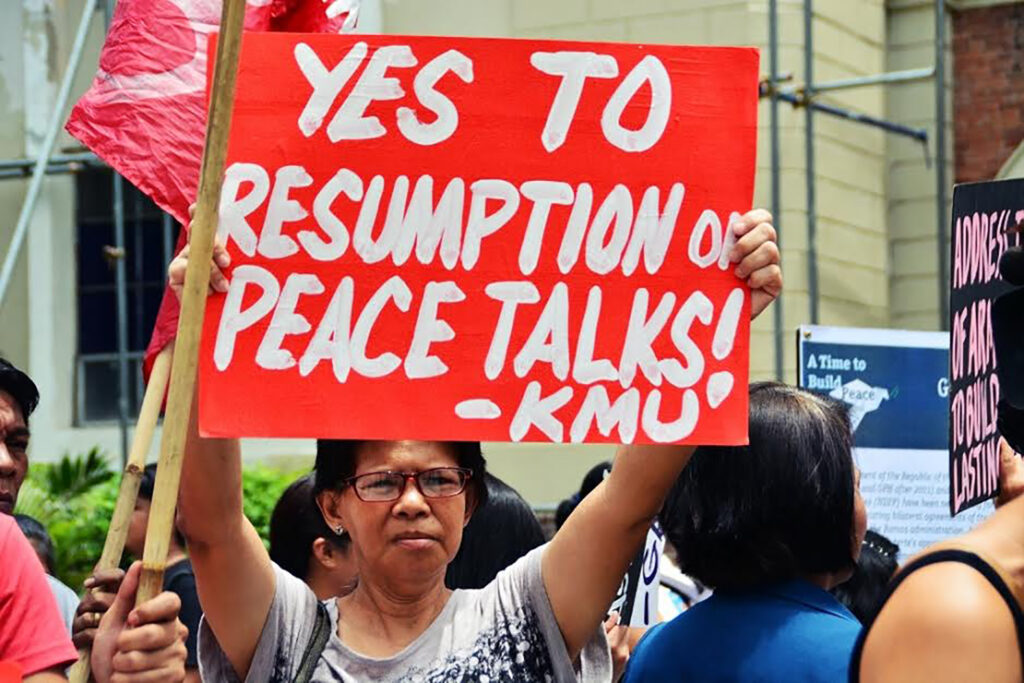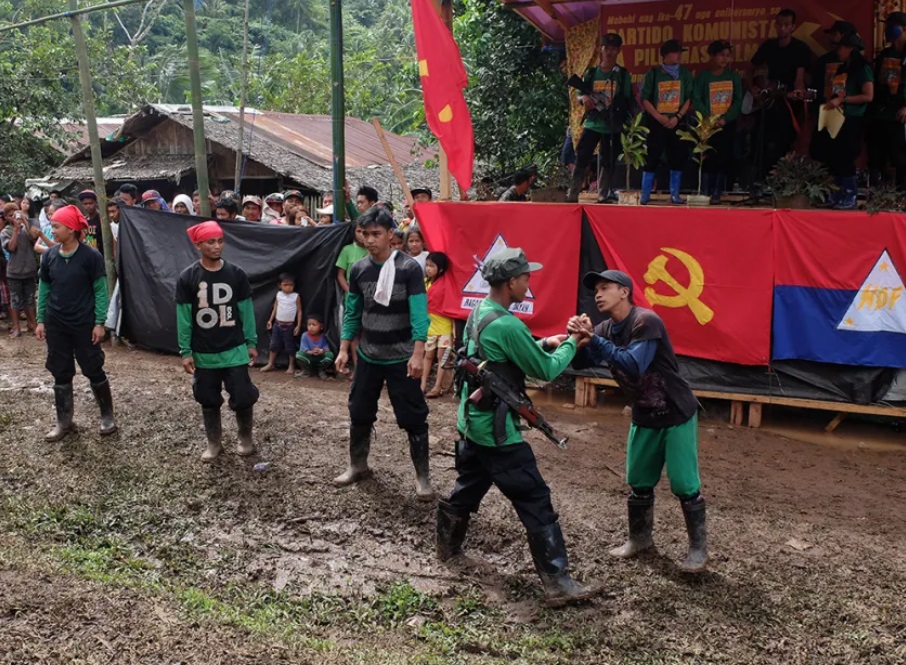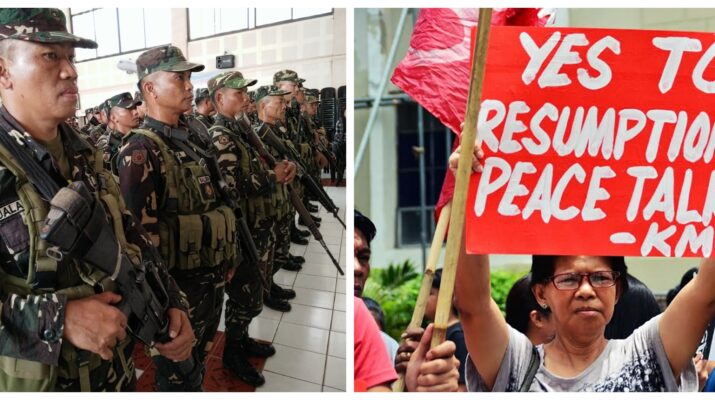On the morning of 25 December, as Filipinos celebrated Christmas Day with their families, the Armed Forces of the Philippines (AFP) were busy launching an offensive against a unit of the New People’s Army (NPA) in Bukidnon province.
In the aftermath of the ambush, Philippine media outlets reported that nine “suspected” members of the communist revolutionary group were left dead. Though, it is unsure if the deceased were combatants or merely cadres supporting the NPA itself.
It’s premature to assume all the fatalities are NPA combatants because the Christmas period coincides with the anniversary of the Communist Party of the Philippines (CPP), the parent organisation of the NPA.

The lead up to the anniversary of the CPP sees NPA sub-units around the country cross regional borders, converging to commemorate the milestone as bigger groups. It is of particular significance this year as the CPP celebrates its 55th anniversary.
As is customary for the communist revolutionary group during the yuletide season, the NPA declared a ceasefire with the Government of the Republic of the Philippines (GRP) “in solidarity with the people’s traditional holiday celebration.”
The revolutionary forces cease “tactical offensives against government forces” to allow peaceful Christmas celebrations and also to give their combatants and other supporters the opportunity to prepare for their anniversary celebrations.
With the Marcos government repeatedly alleging that they are committed to peace, one would expect the GRP to relish this olive branch being offered by the CPP-NPA to cease hostilities and ensure peaceful Christmas celebrations.
Yet almost as soon as the CPP-NPA’s declaration of a unilateral ceasefire, the Philippine National Police (PNP) immediately rejected the offer of a truce and declared they will continue their operations against the communist rebels throughout the Christmas period.
The AFP offensive in Bukidnon province against CPP-NPA cadres and supporters was further testimony on how uninterested the GRP is in committing to peace. Given the military launched an offensive against a planned celebration of the CPP anniversary, it is very likely that the casualties of that attack included non-armed supporters with the CPP – a violation of the Geneva Convention on War which protects non-combatants.

While the AFP is justified in pursuing armed combatants of the NPA, even when the latter has declared a unilateral truce, the targeting of non-combatants or civilians merely associated with the CPP-NPA and were at the location of the conflict to conduct a celebration of their anniversary constitutes a war crime.
The dastardly attack against unsuspecting communist rebels merely preparing for a peaceful commemoration of the CPP’s anniversary further demonstrates the GRP’s insincerity in forging peace with the CPP-NPA, putting to an end more than half a century of conflict.
What the offensive against CPP-NPA supporters in Bukidnon proved is that the Philippine government, now helmed by President Bongbong Marcos Jr., still has a bloodlust for communist revolutionaries who are merely disgruntled by the lack of social justice in the Philippines.
If the GRP are sincere in attaining peace, as they allege to be after undergoing an historic first step in the resumption of peace talks with the CPP-NPA, they need to demonstrate their appetite for peace.
If the Philippine government cannot even put their bloodlust on hold during the Christmas period, how can they substantiate their claim to purportedly desire peace?

